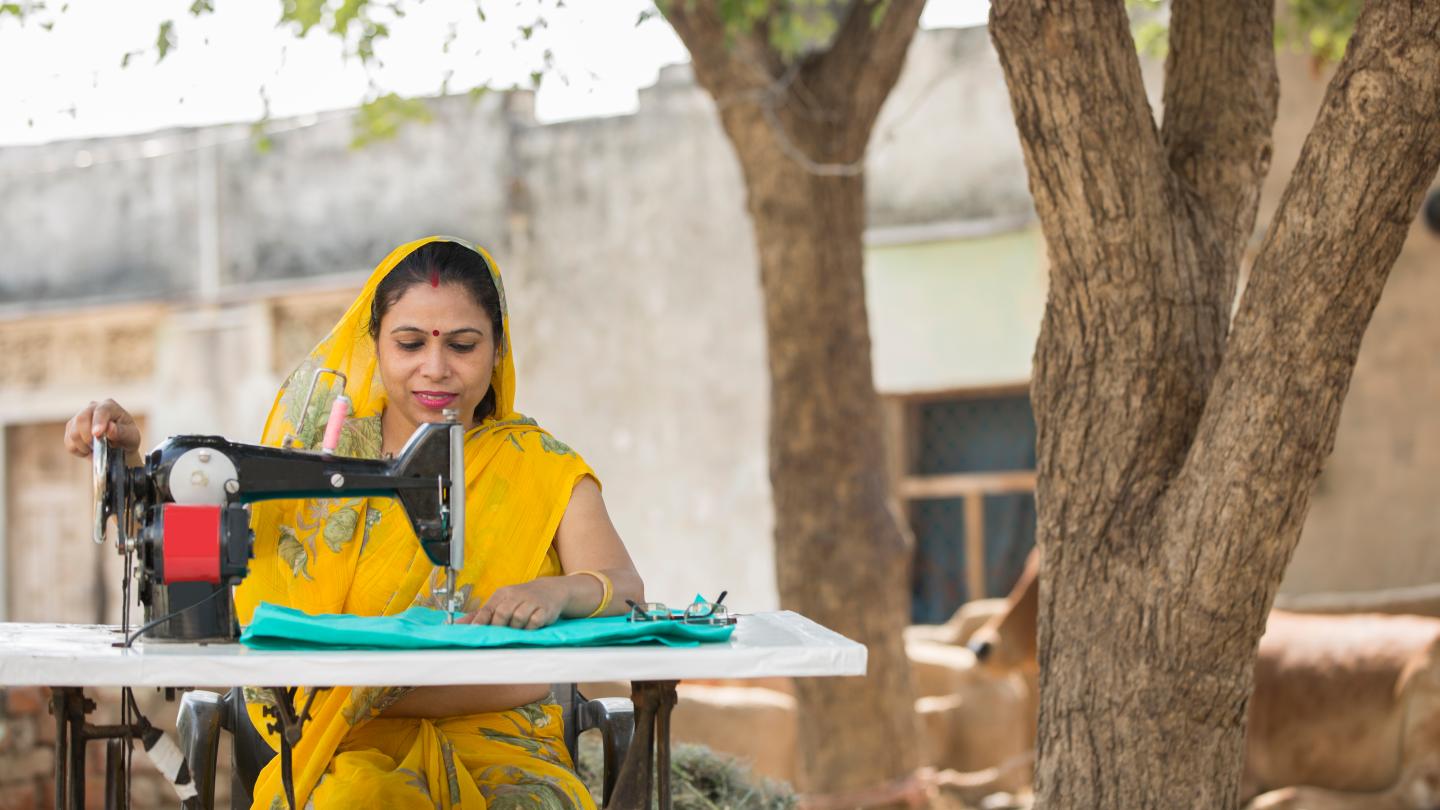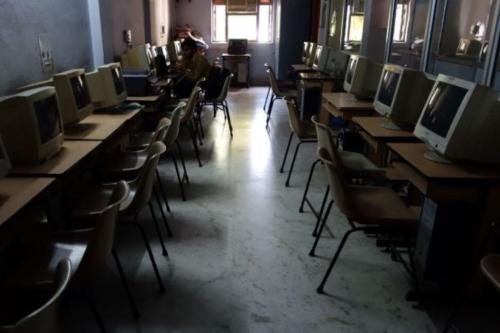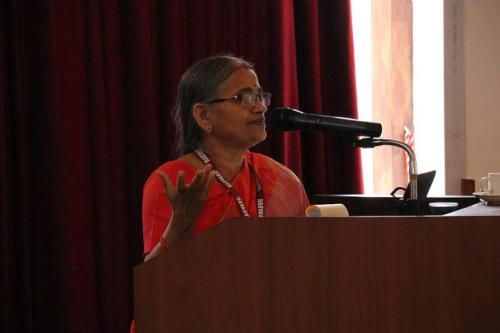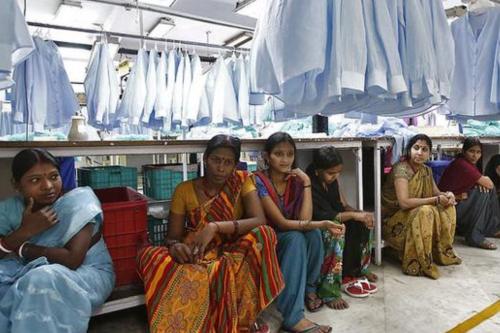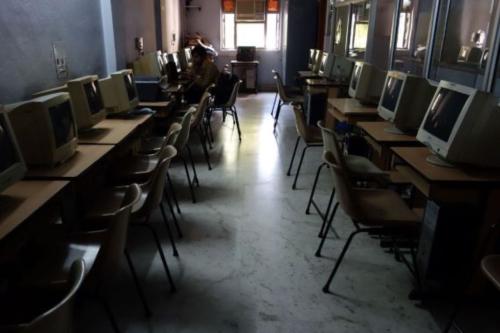Research to enhance government vocational training programs
Young people in India are disproportionately unemployed, and young women are especially likely to be unemployed or entirely out of the labor force. Publicly funded vocational training programs, which seek to link youth to formal work through government-run training centers, offer a promising response to these challenges – in part through an initiative called Deen Dayal Upadhyaya Grameen Kaushalya Yojana (DDU-GKY), a major program in the government’s Skill India campaign. But while skilling programs receive significant attention and investment, their effectiveness is mixed in terms of their enrollment rates (particularly for young women, who face unique obstacles) and their success at connecting trainees to formal job opportunities.
After completing government-sponsored vocational training, young Indian women are offered and accept jobs at lower rates than men; family pressure is a primary reason women don’t join those jobs. However, women that accept jobs stay in them as long as their male peers, suggesting policies to help women navigate job-to-work transitions could deliver important benefits.
Since 2014, the team at Inclusion Economics at Yale University and Inclusion Economics India Centre has collaborated with researchers from Stanford University and India’s Ministry of Rural Development (MoRD) to assess DDU-GKY implementation and identify ways to improve skilling outcomes for rural youth, particularly young women. In addition to conducting a large-scale survey of former DDU-GKY trainees from across India, the research team evaluated a DDU-GKY initiative in the eastern state of Orissa aimed at increasing youth recruitment and post-training job retention. The key objectives of this work, whose results are forthcoming, are to understand why youth drop out from training programs and formal employment and to identify ways of improving recruitment and job placement, particularly for young women.
